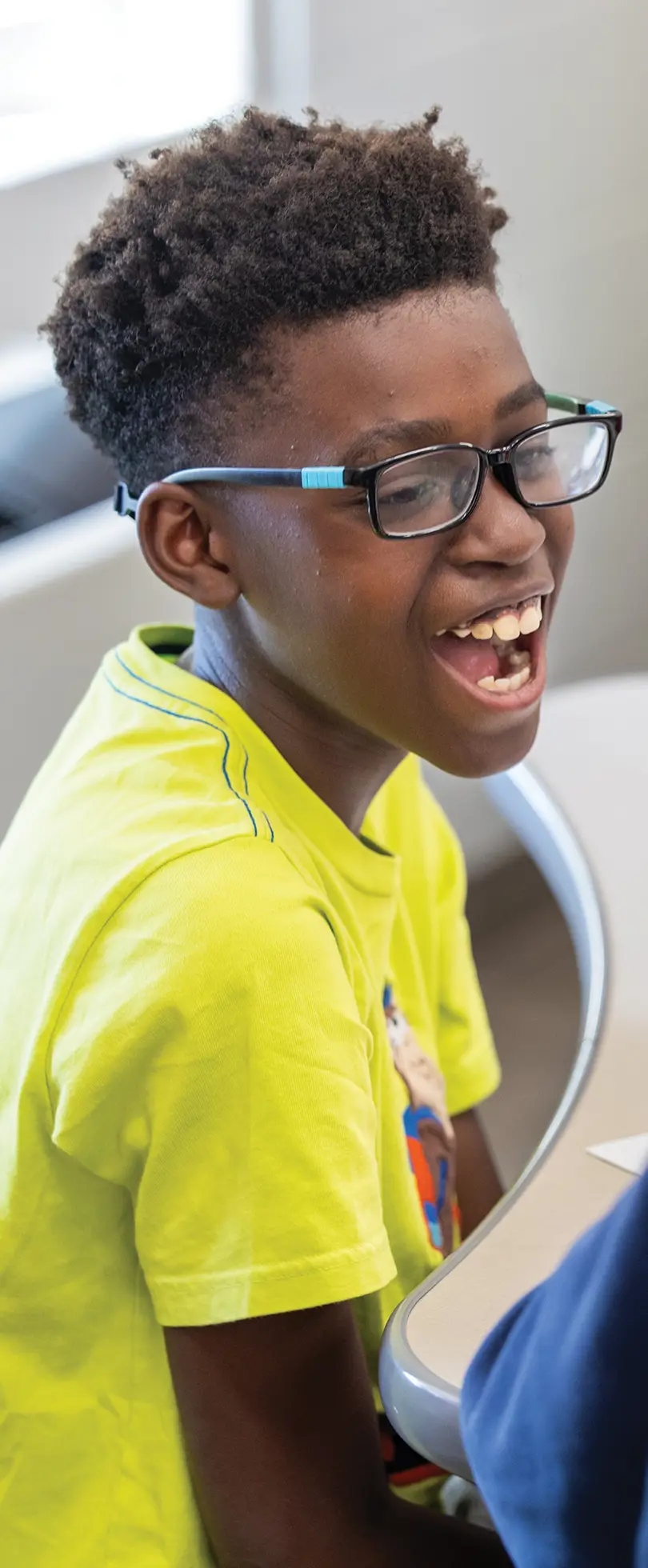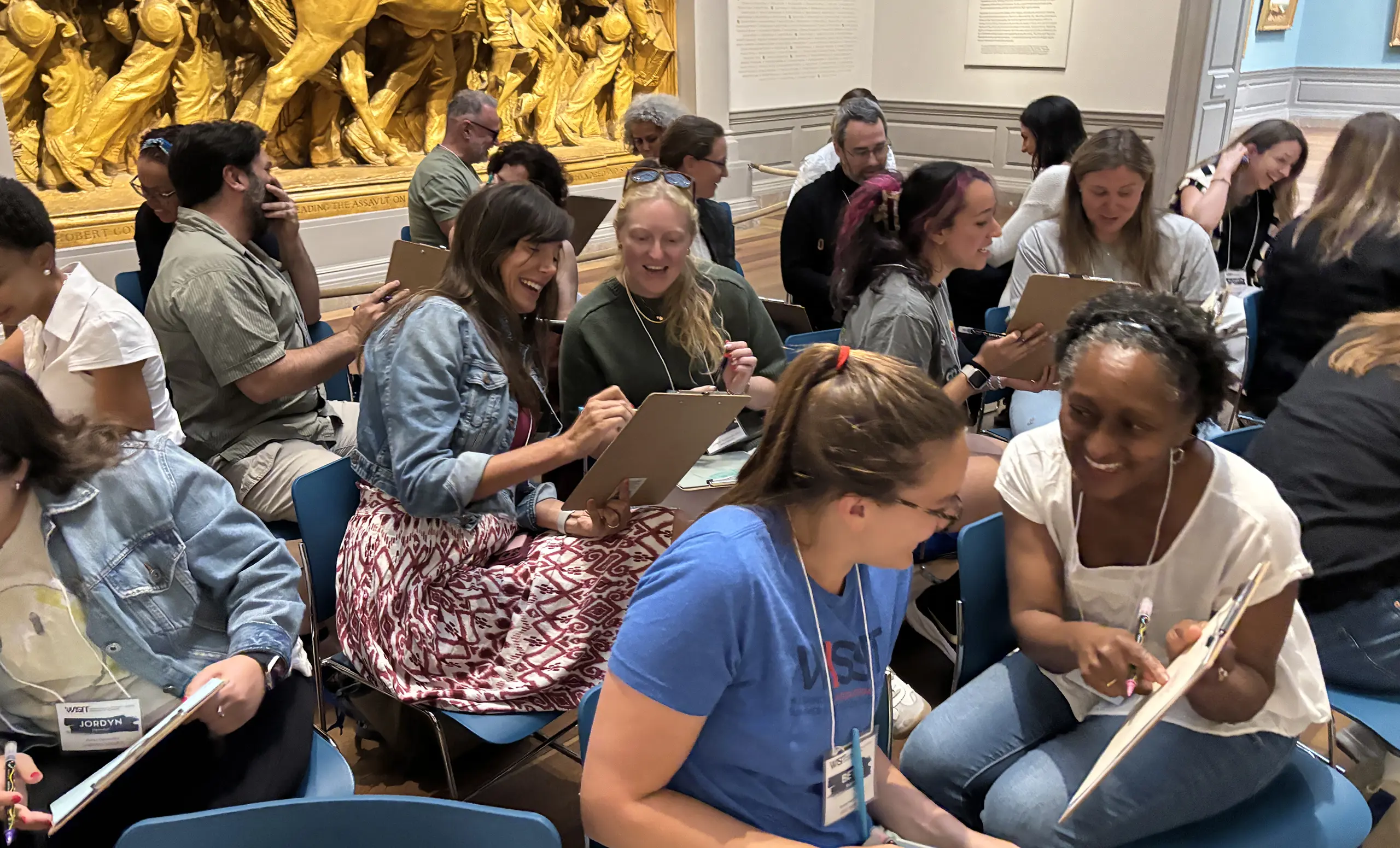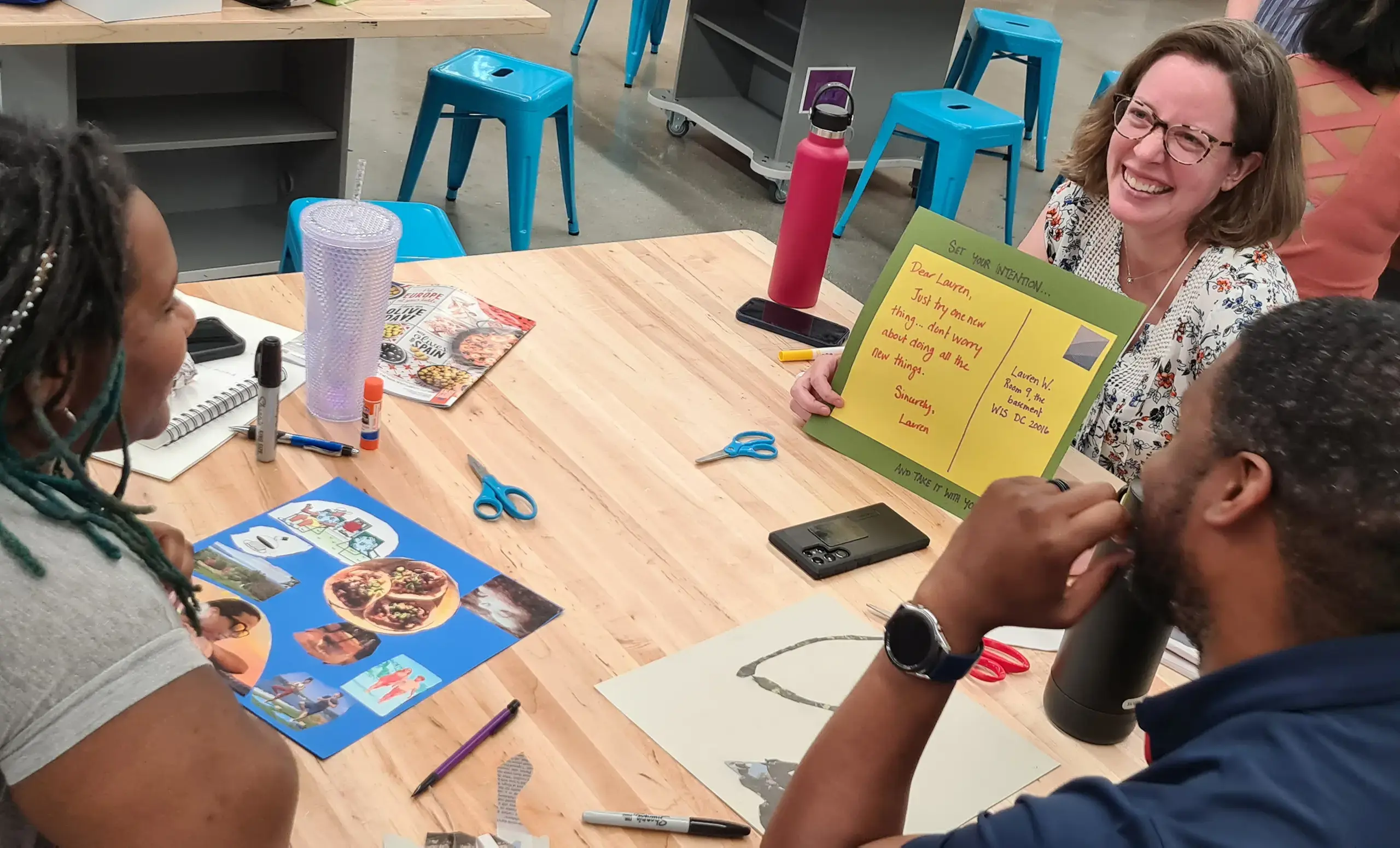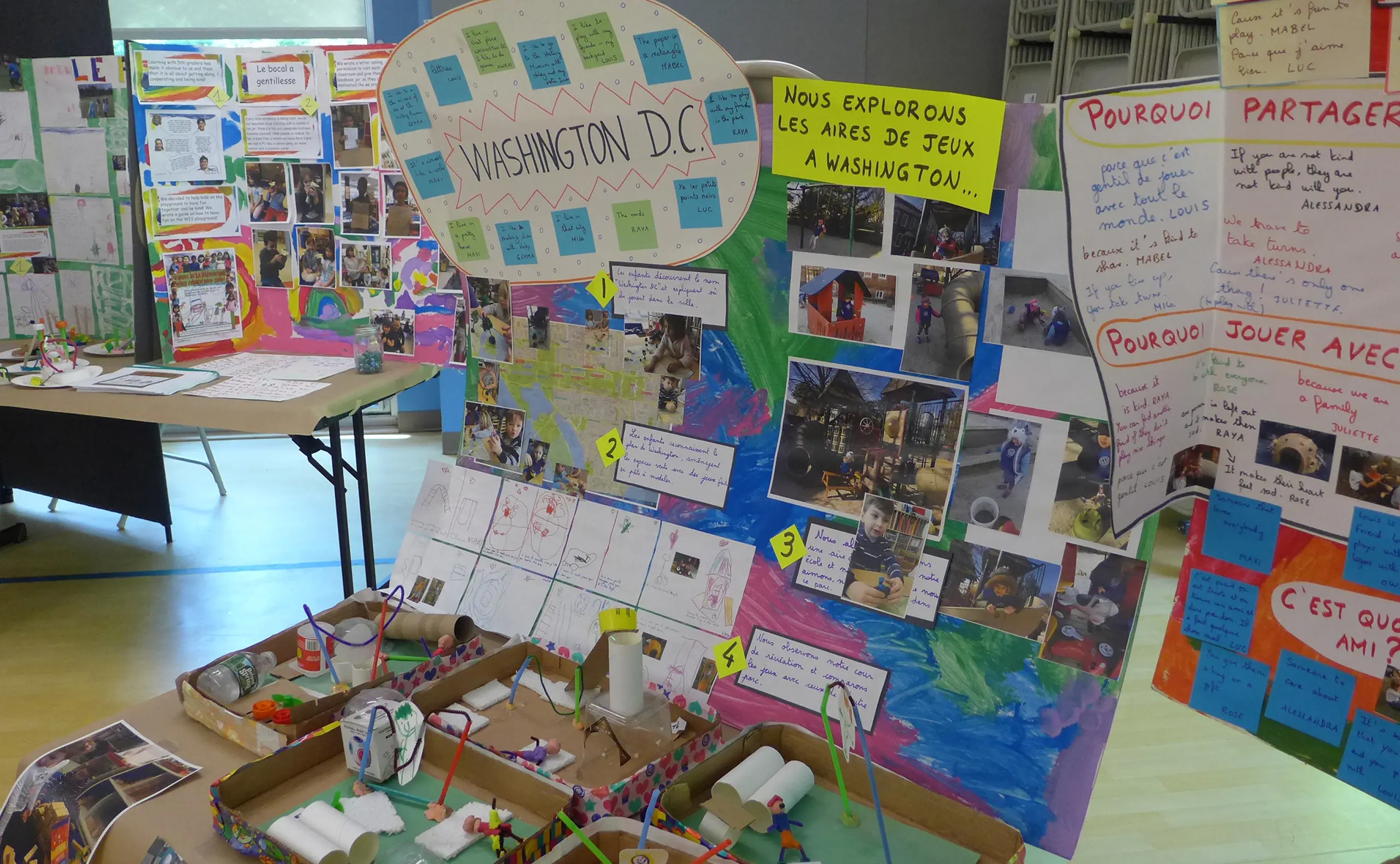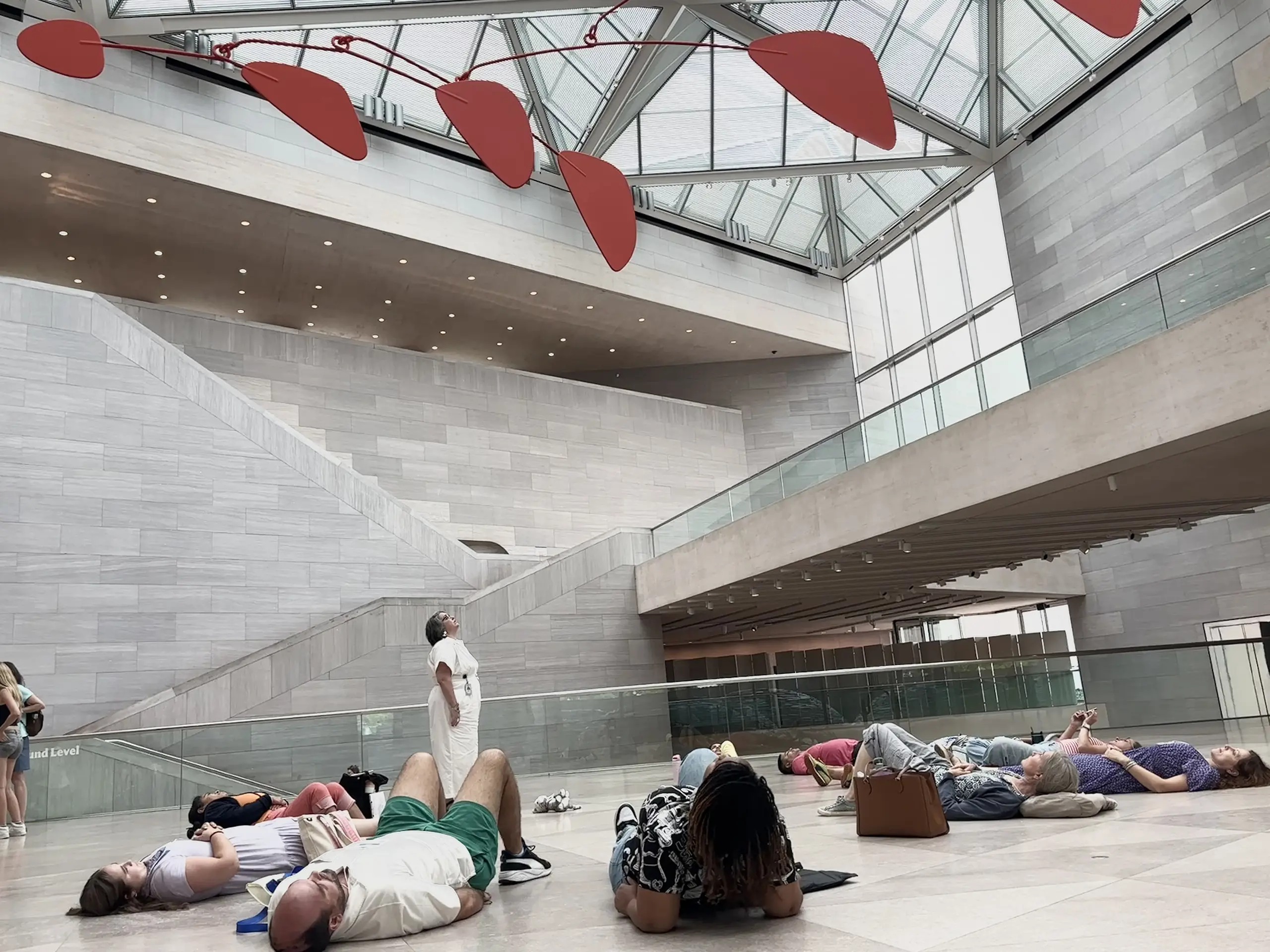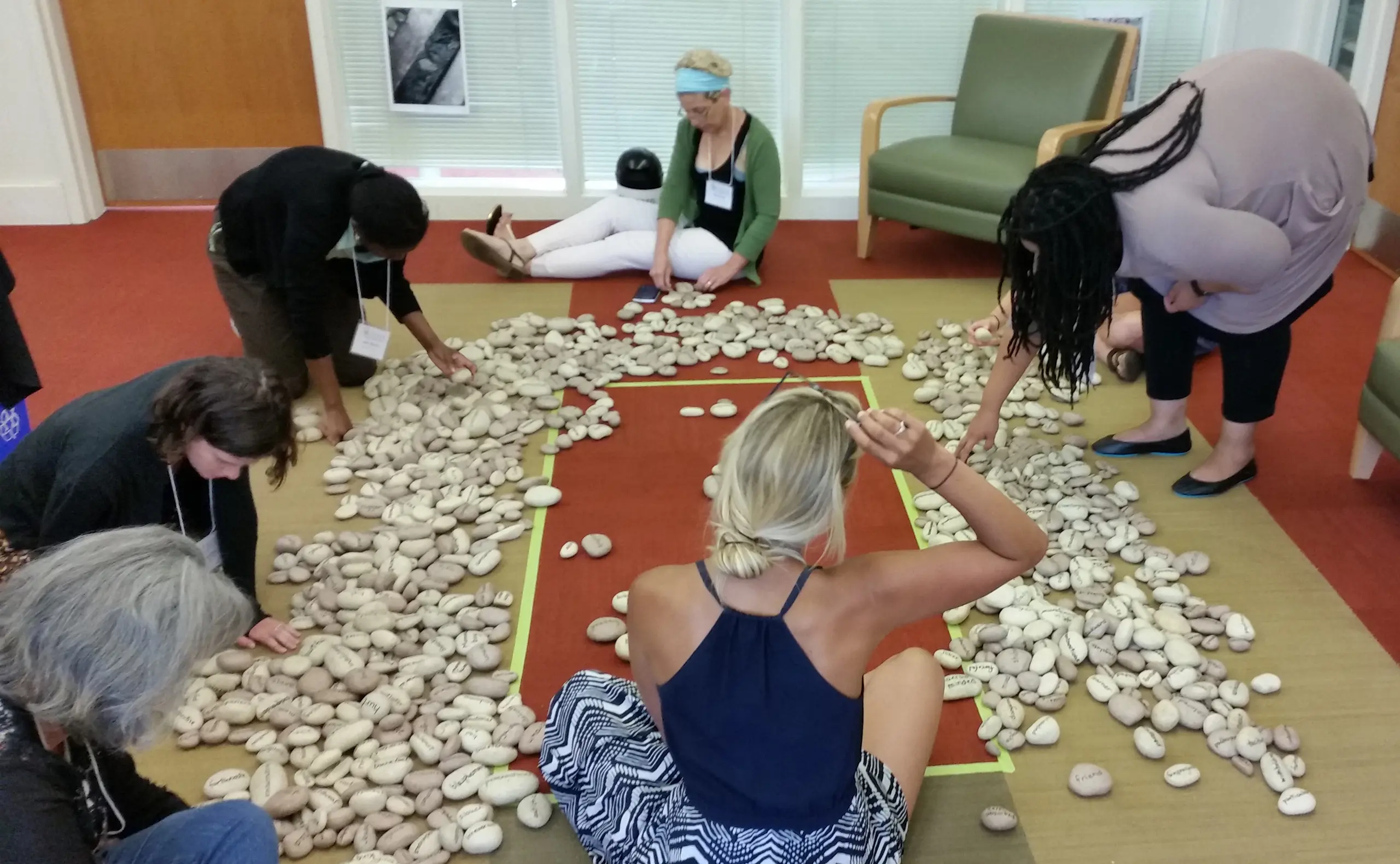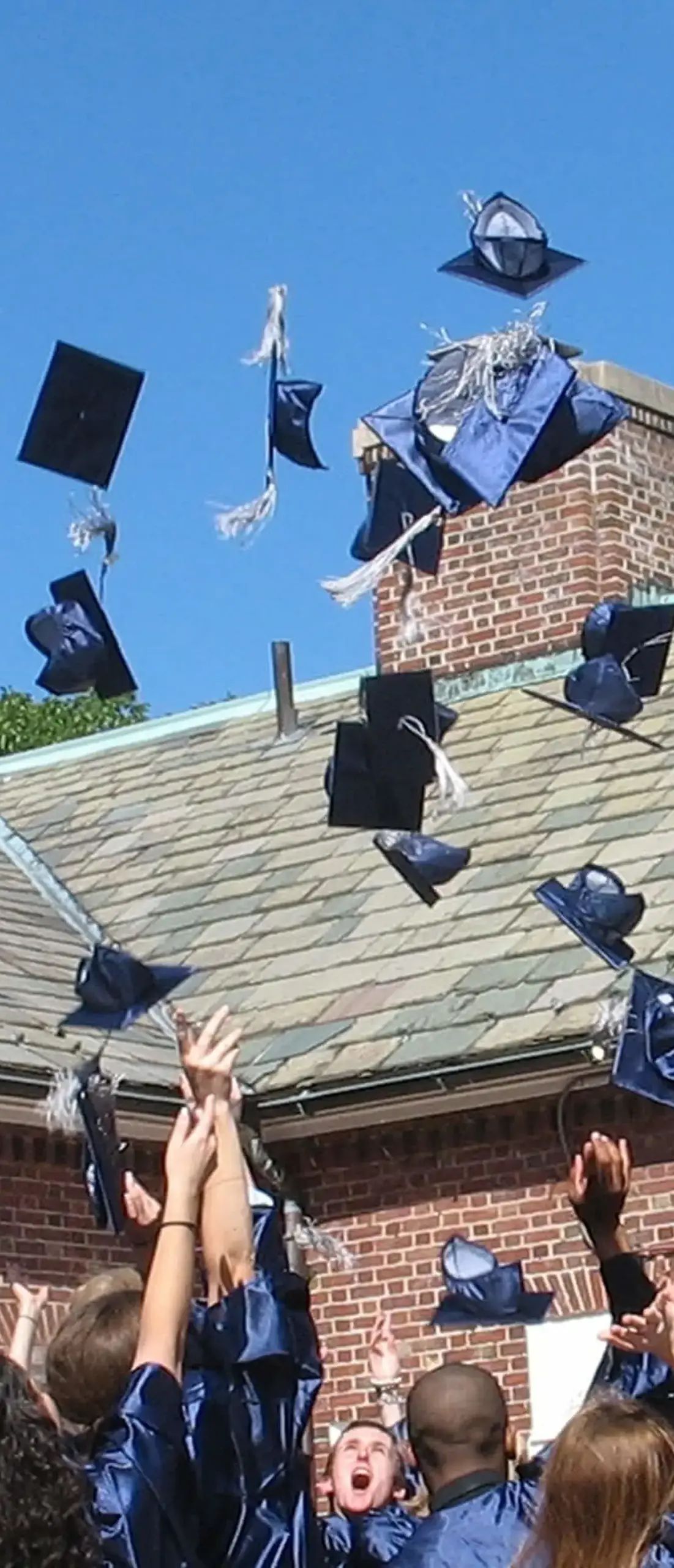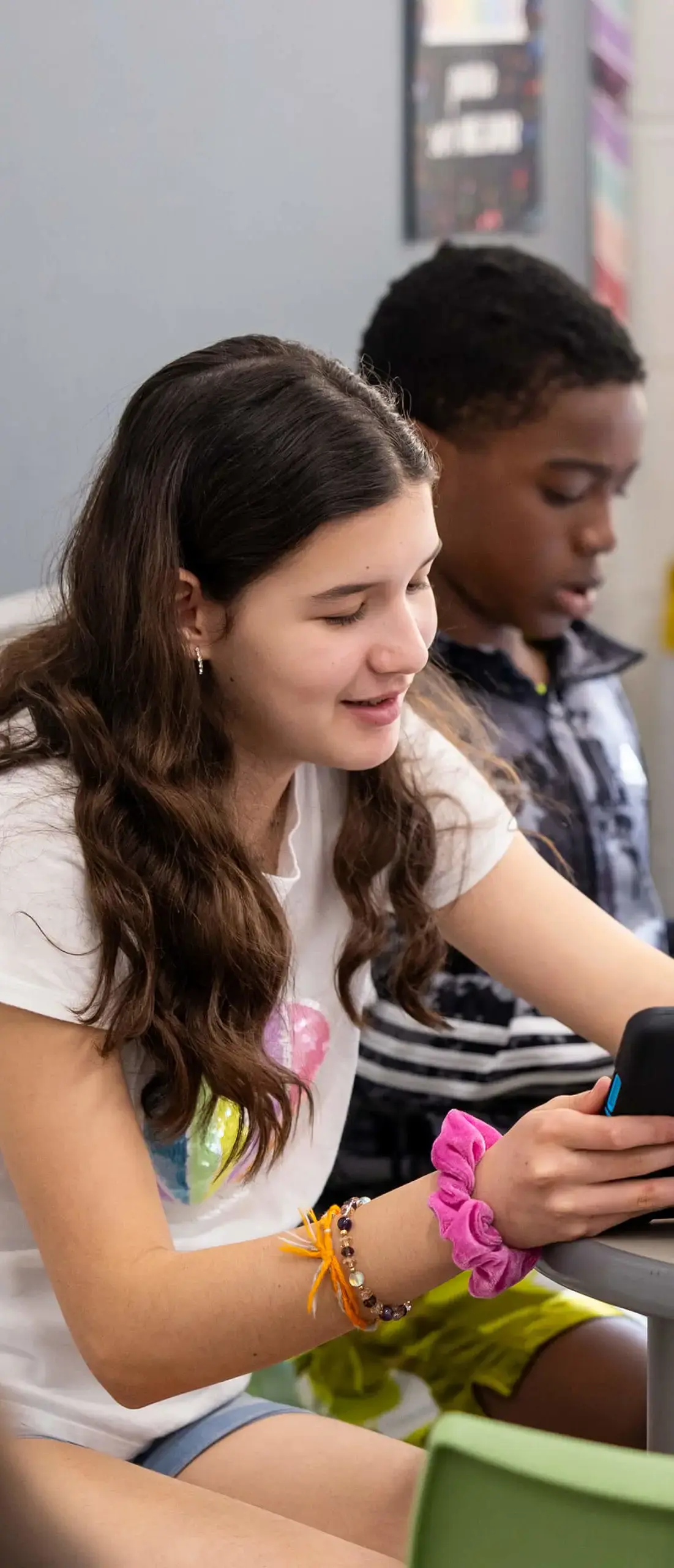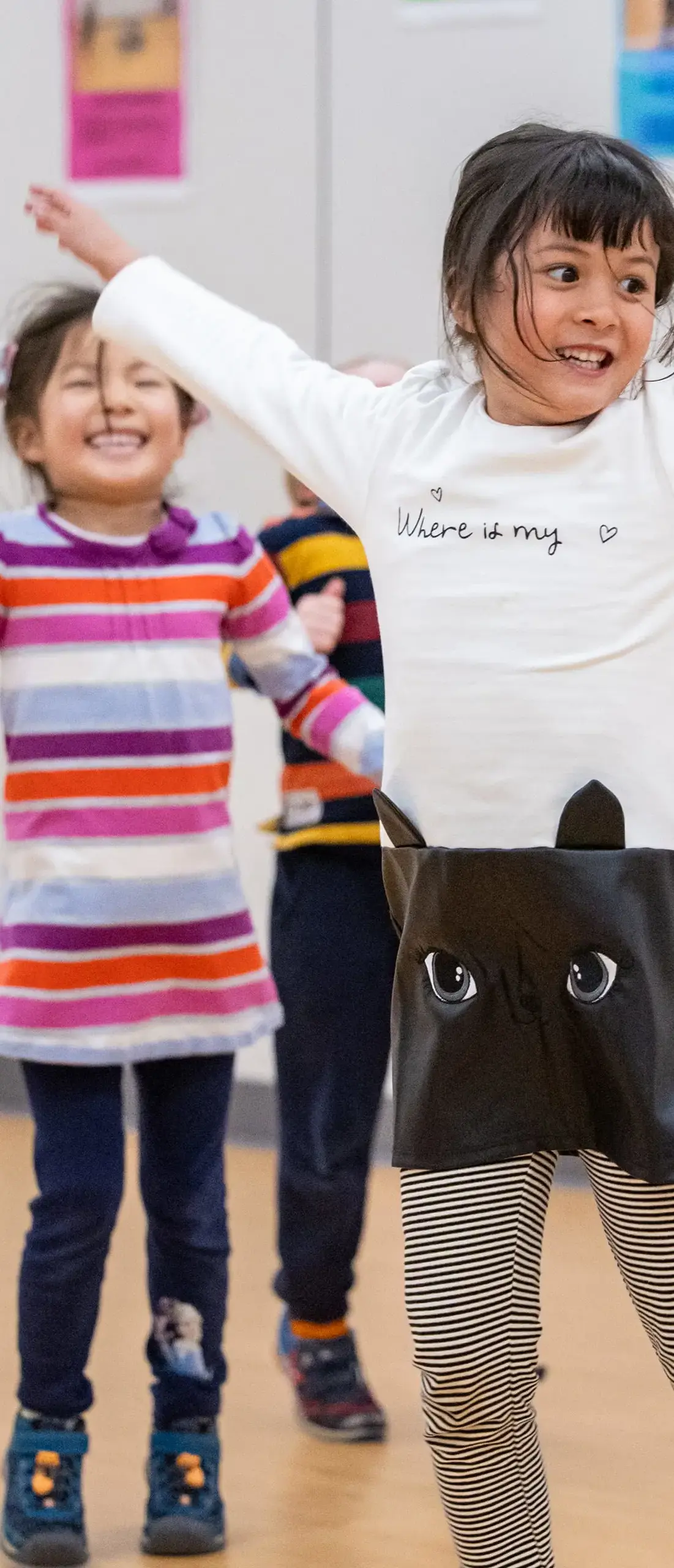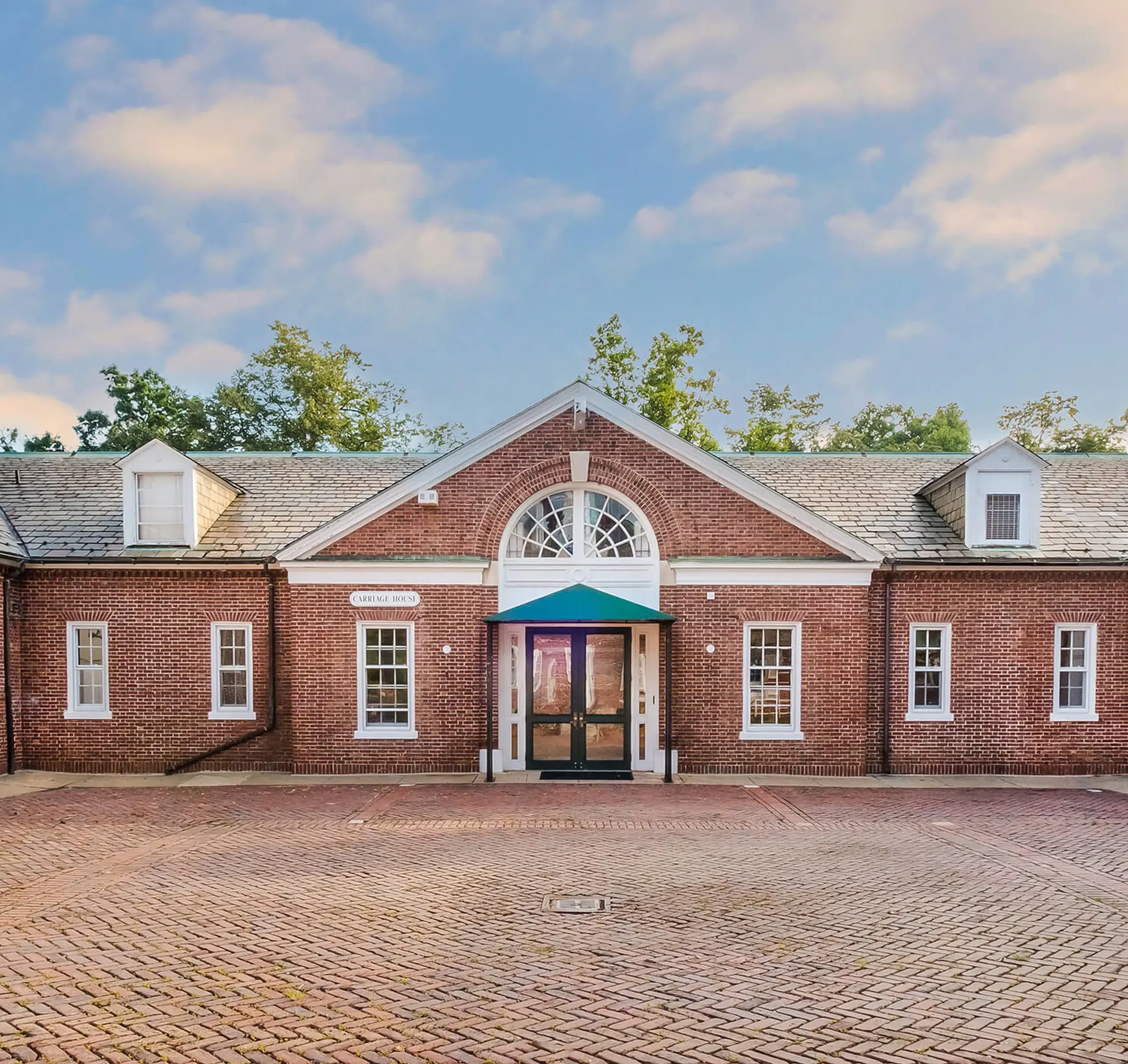WIS INSTITUTE FOR TEACHERS (WISIT)
The Washington International School Institute for Teachers (formerly the Professional Development Collaborative at WIS) aims to enhance the capacity of educators across the Washington, DC, region to create classroom cultures that support deep learning and engage the world. In building upon WIS’s role as a leader in international education, WISIT's ultimate goal is to make the nation’s capital city a model for creative thinking and innovation in education, worthy of replication across the country.
WISIT, launched in 2016, recognizes that educators must strive to build students’ character and to teach for understanding—of meaningful content, of connections across subject areas, of complex global issues. Putting skills and knowledge to use in attempting to solve significant problems is the hallmark of a learner who demonstrates global competence. Our role is three-fold:
- Organize high-quality professional development events;
- Convene educators from all sectors of the educational landscape; and
- Build and sustain a network of committed professionals beyond any single professional development event.


